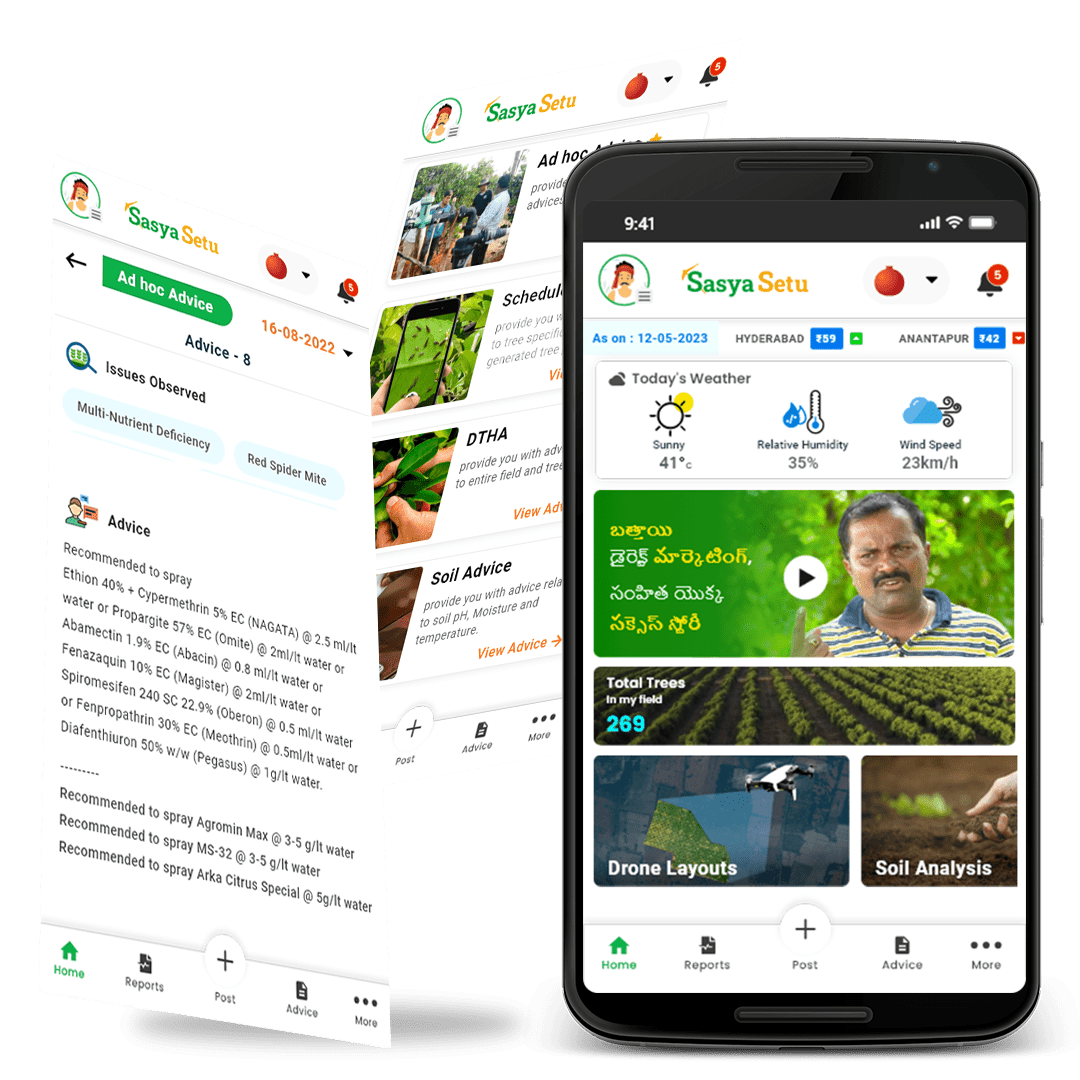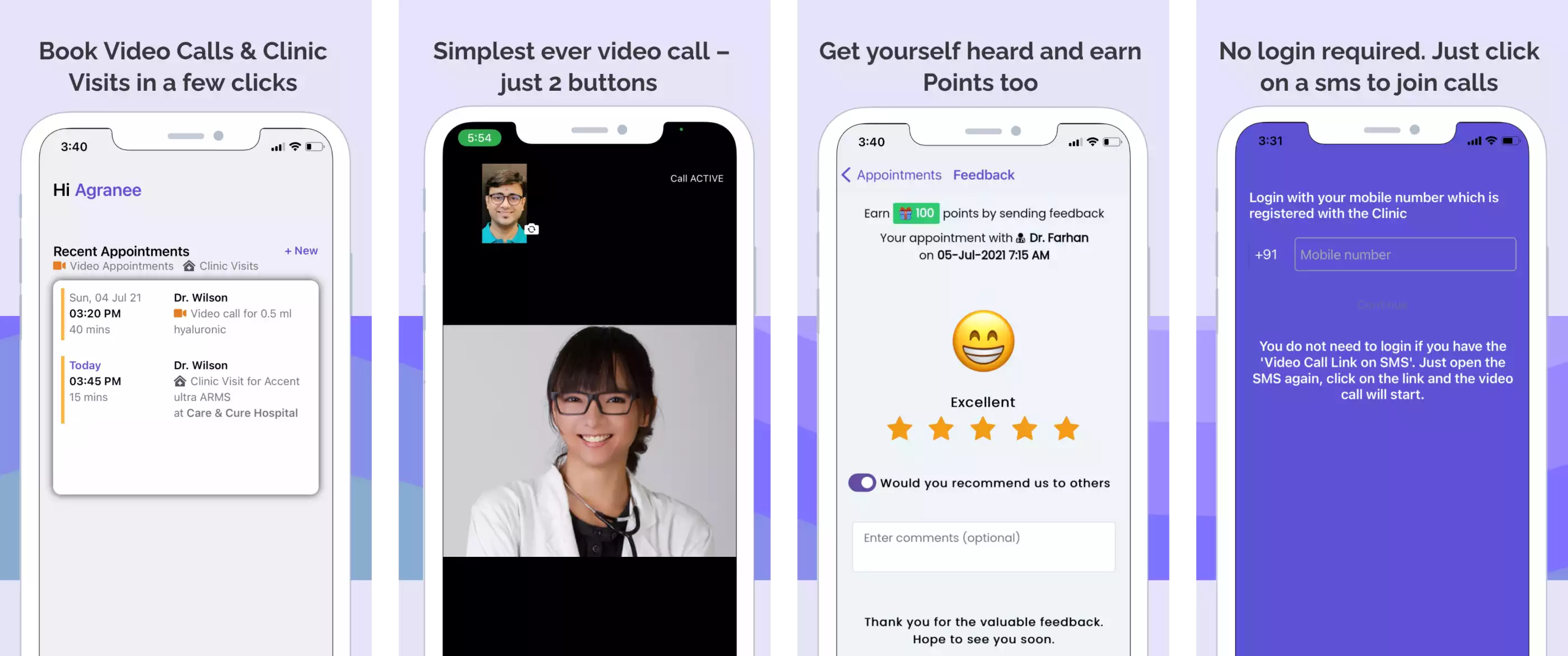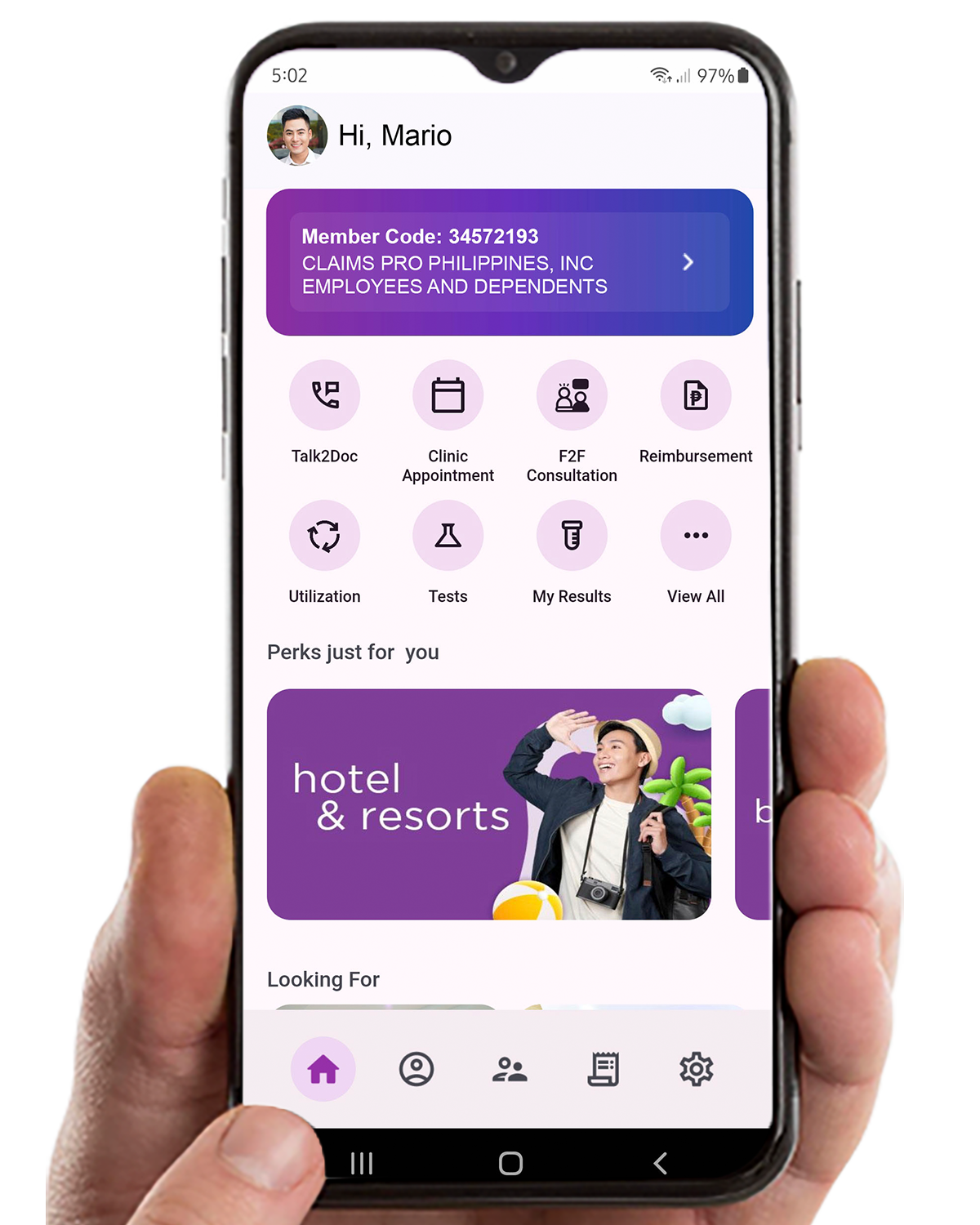The Impact of a Mobile App for Clinics on Operations Efficiency and Patient Contentment
The Impact of a Mobile App for Clinics on Operations Efficiency and Patient Contentment
Blog Article
The Future of Medical Care: Why Clinics Need a Mobile App Today
As the healthcare landscape continues to evolve, centers deal with placing pressure to adjust to individual expectations for greater benefit and accessibility. The combination of mobile applications can serve as an essential approach for boosting client interaction and enhancing operations.
Altering Person Assumptions
As the landscape of medical care evolves, person expectations are going through a significant transformation. Today's individuals are increasingly looking for ease, access, and individualized care. With the surge of innovation, particularly mobile applications, people now expect a seamless assimilation of health care solutions right into their day-to-days live. They desire the capability to handle visits, gain access to medical documents, and communicate with medical care providers through their mobile phones, showing a shift towards an extra aggressive strategy to wellness management.
In addition, clients are becoming much more notified and empowered, typically looking into problems and therapies online before appointments. This enhanced recognition is coupled with a demand for transparency in healthcare processes, including price estimates and therapy options. Consequently, companies are compelled to adapt by taking on digital tools that enhance the patient experience.
The expectation for prompt and effective communication has never been greater, with lots of individuals thinking about responsiveness a critical element of quality care. mobile app for clinics. In this progressing landscape, health care companies should identify these changing assumptions and utilize mobile applications to promote an extra patient-centric method, ensuring that they not only fulfill yet go beyond the criteria set by today's enlightened customers
Enhancing Person Engagement

Mobile applications facilitate interaction in between clients and doctor, enabling real-time appointment organizing, pointers for drug adherence, and straight messaging features. These capabilities not only enhance convenience but additionally develop a sense of accountability amongst people. Mobile apps can offer academic web content tailored to individual demands, assisting individuals much better recognize their problems and therapy options.
The integration of gamification elements within health care applications can likewise encourage patients to take part in healthy habits, enhancing positive way of living modifications. By tracking development and satisfying accomplishments, clients are most likely to stay dedicated to their wellness objectives. Eventually, boosting individual involvement via mobile applications results in boosted health and wellness end results, higher patient contentment, and an extra collective healthcare experience. Centers that prioritize this aspect will likely see a significant influence on the quality of care delivered.
Streamlining Clinic Workflow
Simplifying clinic operations is crucial for enhancing workflow effectiveness and optimizing individual care. The execution of mobile applications can considerably minimize administrative problems, permitting medical care service providers to focus more on person communications. By automating consultation organizing, person check-ins, and payment procedures, clinics can decrease wait times and improve general operational effectiveness.
Mobile applications also facilitate real-time access to individual documents, making it possible for medical care experts to make informed decisions rapidly. This immediacy not only boosts the quality of treatment but also decreases the probability of mistakes linked with misplaced or obsoleted info. Leveraging mobile technology supports an extra well organized method to managing client follow-ups and treatment strategies, guaranteeing that no critical steps are neglected.
This enables for prompt replenishment and assists avoid disturbances in Related Site client treatment due to stock shortages. By integrating these performances right into their daily procedures, centers can develop an extra effective and natural setting, inevitably leading to enhanced person end results and fulfillment.
Improving Interaction Channels
Effective interaction is regularly pointed out as a cornerstone of high quality medical care delivery. In today's fast-paced medical atmosphere, mobile applications can considerably boost interaction channels between clinics, patients, and medical care providers. By incorporating mobile applications right into their procedures, clinics can facilitate real-time communications, making certain that clients obtain prompt details concerning their appointments, examination results, and treatment strategies.
Mobile apps additionally empower patients to communicate directly with their healthcare teams via safe and secure messaging attributes. This straight line of interaction promotes a feeling of engagement and permits for prompt information of concerns, which can cause better adherence to therapy methods. Furthermore, press alerts can remind individuals of upcoming appointments or drug timetables, minimizing no-show prices and boosting overall wellness outcomes.

Remaining Competitive in Health Care
In a swiftly progressing medical care landscape, companies should focus on development and adaptability to preserve a competitive edge. The assimilation of mobile applications right into medical care solutions is no more optional; it is crucial for clinics aiming to improve client involvement, simplify operations, and boost overall service shipment.
As patients significantly rely upon electronic platforms for health monitoring, facilities that fall short to weblink adopt mobile technology threat falling back. A well-designed mobile app can offer attributes such as consultation organizing, telemedicine examinations, and access to clinical records, providing individuals with convenience and cultivating commitment.

Competitors are also investing in mobile services, so staying ahead calls for continual renovation and remaining educated concerning technological innovations. Facilities must not only carry out mobile applications but also participate in normal updates and refinements. Eventually, the successful integration of mobile technology will certainly differentiate forward-thinking health care companies and established the criteria for patient-centric care in a digital world.
Conclusion
In final thought, the assimilation of mobile applications in facilities is necessary to attend to the evolving landscape of individual assumptions. By enhancing person involvement, improving procedures, and improving interaction channels, centers can dramatically improve wellness end results. Furthermore, the adoption of mobile innovation positions centers to stay competitive in a progressively digital healthcare atmosphere. Eventually, the strategic execution of mobile applications represents a crucial step toward delivering customized and accessible medical care, thus meeting the demands of today's encouraged people.
Eventually, boosting individual involvement with mobile applications leads to enhanced health results, my website higher patient contentment, and a much more collaborative medical care experience.Mobile applications additionally assist in real-time accessibility to patient records, making it possible for healthcare professionals to make informed decisions swiftly. In today's busy medical environment, mobile applications can considerably boost communication channels in between facilities, clients, and medical care carriers.Mobile apps additionally empower individuals to interact straight with their health care groups with safe and secure messaging attributes. Ultimately, the critical implementation of mobile apps stands for a vital step toward delivering personalized and accessible health care, therefore meeting the demands of today's encouraged individuals.
Report this page